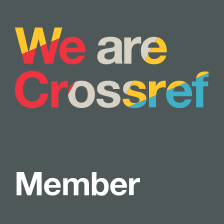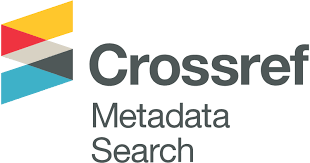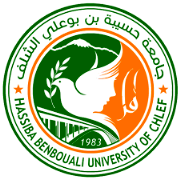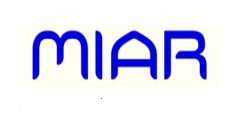
Ethics of publication
The Journal of Languages &Translation publishes original and blind peer-reviewed research papers relevant to languages and translation.
Our ethics publication is mainly based on the Code of Conduct and Best-Practice Guidelines for Journal Editors (Committee on Publication Ethics, 2011).
There should be an agreement upon standards of expected ethical behavior between all the parts involved in the publishing and editing act, namely editors in chief, associate editors, reviewers, and authors.
As member and effective parts of editorial board of the Journal of Languages &Translation, we are to be fully committed to good publication practice and accept the responsibility for fulfilling the following duties and responsibilities.
- DUTIES OF THE EDITOR
- The Editor-in-Chief of the journal is responsible for deciding which of the articles submitted to the journal should be published. The editor may be guided by the editorial policies of the journal and constrained by such legal requirements as shall then be in force regarding libel, copyright infringement, and plagiarism. The editor may confer with associate editors or reviewers in making this decision.
- The Editor-in-Chief ensures that each manuscript received is evaluated on its intellectual content.
- The Editor-in-Chief, the members of the Editorial Board, and any editorial staff must not disclose any information about a submitted manuscript to anyone other than the authors of the manuscript, reviewers, other editorial advisers, and the publisher, as appropriate.
- Unpublished materials disclosed in a submitted manuscript will not be used in the own research of the Editor-in-Chief or the members of the Editorial Board without the express written consent of the author.
- DUTIES OF REVIEWERS
- Peer review assists Editor-in-Chief and the Editorial Board in making editorial decisions and through the editorial communications with the author may also assist the author in improving the paper.
- A selected referee who feels unqualified to review the research reported in a manuscript or knows that its prompt review will be impossible should notify the editor and decline to review the paper.
- The manuscripts received for review will be treated as confidential documents. They will not be shown to or discussed with others except as authorized by the editor.
- Reviews should be conducted objectively. Personal criticism of the author is unacceptable.
- A reviewer should call to the editor's attention any substantial similarity or overlap between the manuscript under consideration and any other published paper of which they have personal knowledge.
- Reviewers should not consider manuscripts in which they have conflicts of interest.
- DUTIES OF AUTHORS
- Authors should accurately present their original research, as well as objectively discuss its significance. Manuscripts are to be edited in accordance to the submission guidelines of the review.
- Authors should ensure that they have written entirely original works, and if the authors have used the work and/or words of others that this has been appropriately cited or quoted.
- An author should not in general publish manuscripts describing essentially the same research in more than one journal or conference. Submitting the same manuscript to more than one journal constitutes unethical publishing behavior and is unacceptable.
- All authors should disclose in their manuscript any conflict of interest that might be construed to influence the results or interpretation of their manuscript.
- Plagiarism
- Journal of Languages &Translation makes use of Detectia – an electronic similarity detection software tool that is used by ASJP( Algerian Scientific Journals Platform) to support editorial team in detecting potential plagiarism.
- Proper acknowledgment of the work of others must always be given. Any work or words of other authors, contributors, or sources should be appropriately credited and referenced.
- Journal of Languages & Translation takes all allegations of misconduct seriously. Any proven cases of unethical practices including plagiarism will result in appropriate actions, which may include retraction of the published work.












